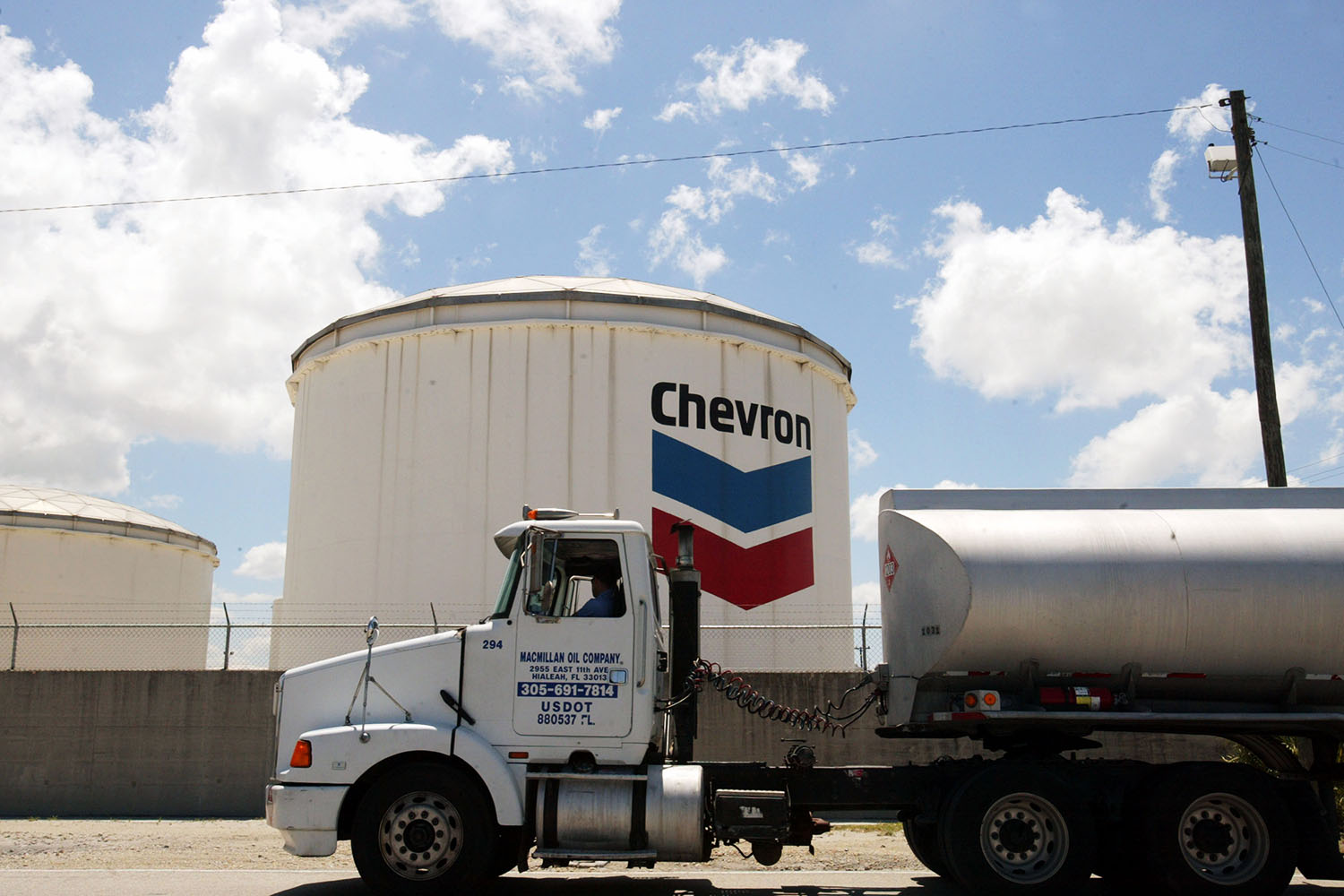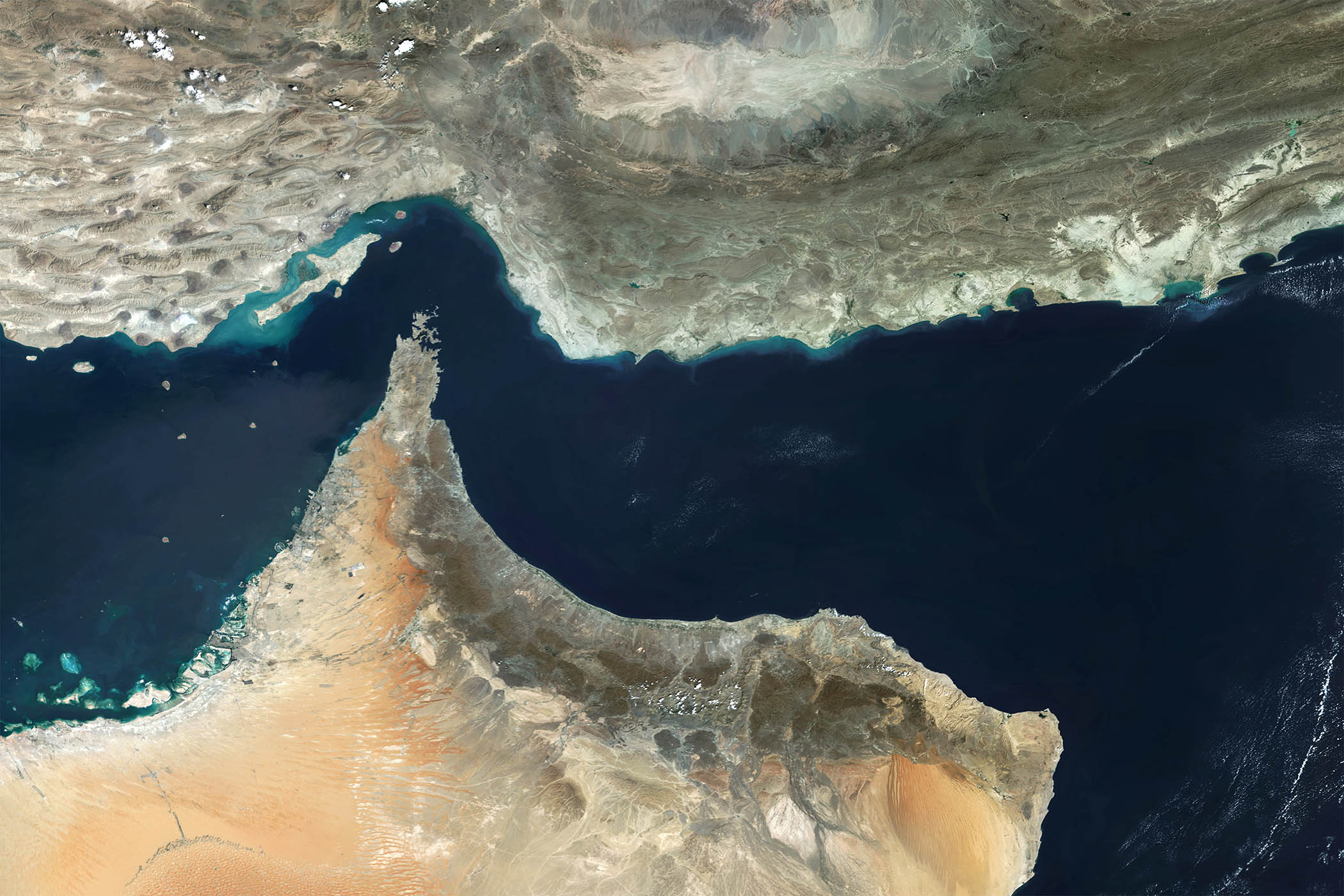Chevron has completed the takeover of US oil company Hess after winning a legal clash with rival ExxonMobil that had held the deal up for nearly two years.
It is a $53bn (£39bn) bet that a tiny jungle-covered country on the coast of South America is the holy grail of oil production – and a wager that could have extensive implications for the planet.
At the heart of the deal, announced in October 2023, was Hess’s interest in a huge offshore oil production block in Guyana, an English-speaking country that borders Venezuela and Suriname. Exxon started drilling there alongside Hess and the giant China National Offshore Oil Company, discovering the equivalent of 11bn barrels beneath the Atlantic.
When rival Chevron sought a share of the bounty by acquiring Hess, Exxon filed a claim that it had right of first refusal, a move with the potential to scuttle the deal. After the International Chamber of Commerce in Paris dismissed the claim, Exxon said it disagreed with the decision but respected the process and welcomed Chevron to the venture.
The chance to be part of one of the world’s biggest oil discoveries of recent years is critical for Chevron’s future. While Exxon stalled the deal, its rival’s reserves fell to their lowest point in a decade. The company closed the takeover within hours of the ruling. As well as Guyana, Hess operates in North Dakota, the Gulf of Mexico and south-east Asia.
The deal shines a spotlight on a deep contradiction between the need to phase out fossil fuels and economic incentives for developing countries.
The total emissions potential of the block is 4 gigatonnes of CO2, according to the InfoAmazonia news site – about a 10th of global manmade emissions, including deforestation.
Oil wealth has transformed Guyana into the world’s fastest-growing economy. Like a tropical Norway, Guyana plans to invest its wealth in the expansion of renewable energy as well as in healthcare and building roads, while its vast and largely intact rainforest means it may still be carbon negative, in domestic terms at least.
But while growth in global demand for oil is expected to level off by the end of this decade as the deployment of electric cars and other clean technology accelerates, the capacity to produce oil continues to soar, led by production in the Americas; in particular the US, Canada, Brazil and Guyana.
Photograph by Joe Raedle/Getty
Newsletters
Choose the newsletters you want to receive
View more
For information about how The Observer protects your data, read our Privacy Policy



